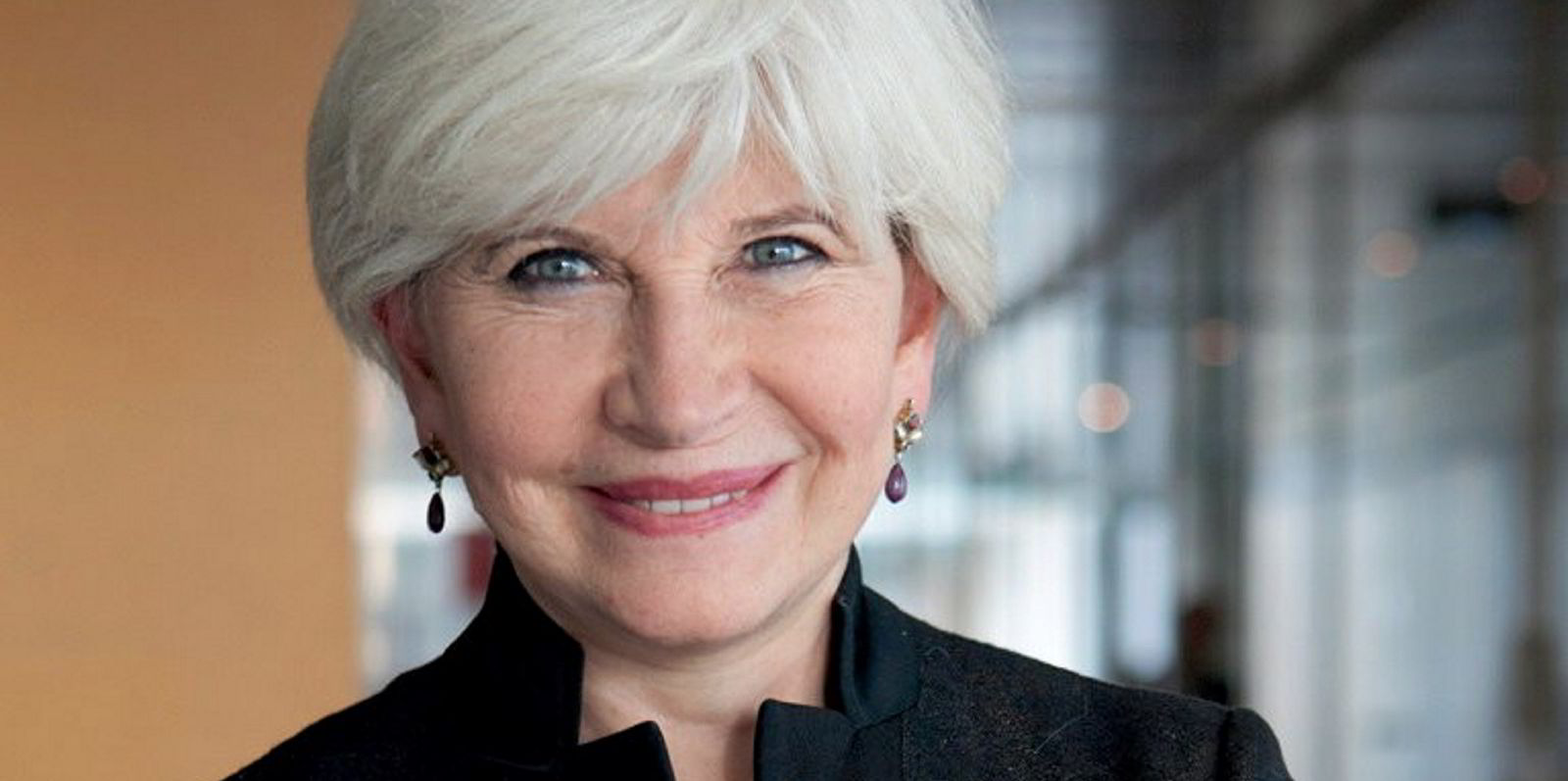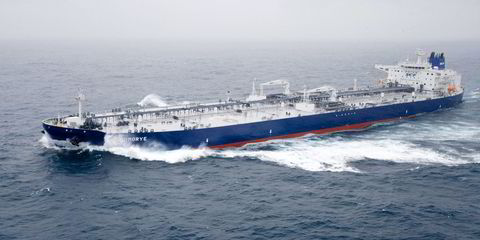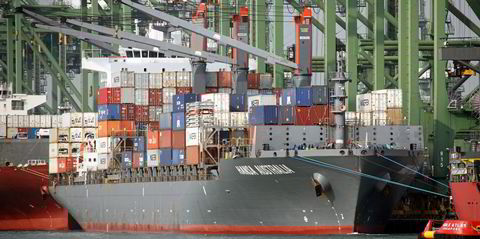The International Maritime Organization has agreed a series of measures to reduce shipping’s carbon emissions by 2030, which will require the world’s existing fleet to match the efficiency standards of newbuildings.
The amendments to Marpol Annex VI will now be circulated among IMO member states with a view to entering into force by 2023.
Heated debate
The agreement follows a day of heated debate at the IMO's decisive Marine Environment Protection Committee meeting.
Green groups and Pacific islands impacted by climate change argued that the deal fell well short of the IMO's target to improve the carbon intensity of international shipping by 40% by 2030.
However, a recently formed coalition of leading shipping nations including Japan, Norway, Germany, the UK, South Korea, Singapore and others was enough to ensure the package of measures progressed.
Governments appear to have committed to an agreement because, if the talks had collapsed, there was no way the IMO could have reached its schedule to put greenhouse gas regulation for the existing fleet in place by 2023.
The main requirement is that all existing ships will have to comply with minimum efficiency standards of the Energy Efficiency Existing Ship Index (EEXI).
The EEXI standards will be equivalent to the current Energy Efficiency Design Index standards which apply to newbuildings.
Ship emissions, relative to their trading activity, will also be monitored through an annual operational carbon intensity indicator (CII).
Under CII, ships will be rated for their fuel efficiency between A and E with those vessels rated D and E falling outside the minimum standard.
Ships will also have to adopt an enhanced Ship Energy Efficiency Management Plan (SEEMP) outlining how they will optimise fuel efficiency. Compliance with the individual SEEMP vessel plan will also be mandatory.
Deal does not go far enough
However, environmental lobby groups are unhappy, claiming the deal is not enough to achieve the IMO's stated goal to contribute to the Paris Agreement on Climate Change's commitment to slow down global warming.
Concerns have been voiced about the length of time it will take for the regulation to take effect and a lack of enforcement.
Transport & Environment shipping director Faig Abbasov said that regional action in Europe will now be required to cut emissions.
He said: “The IMO has given the go-ahead to a decade of rising greenhouse gas emissions from ships.
"Europe must now take responsibility and accelerate implementation of the Green Deal. The European Union should require ships to pay for their pollution in its carbon market, and mandate the use of alternative green fuels and energy saving technologies.”
John Maggs, president of the Clean Shipping Coalition and senior policy advisor at Seas At Risk, said: “As scientists are telling us we have less than 10 years to stop our headlong rush to climate catastrophe, the IMO has decided that emissions can keep on growing for 10 years at least. Their complacency is breathtaking.”







